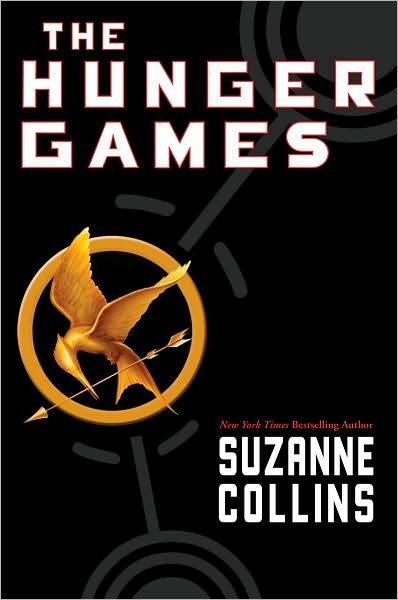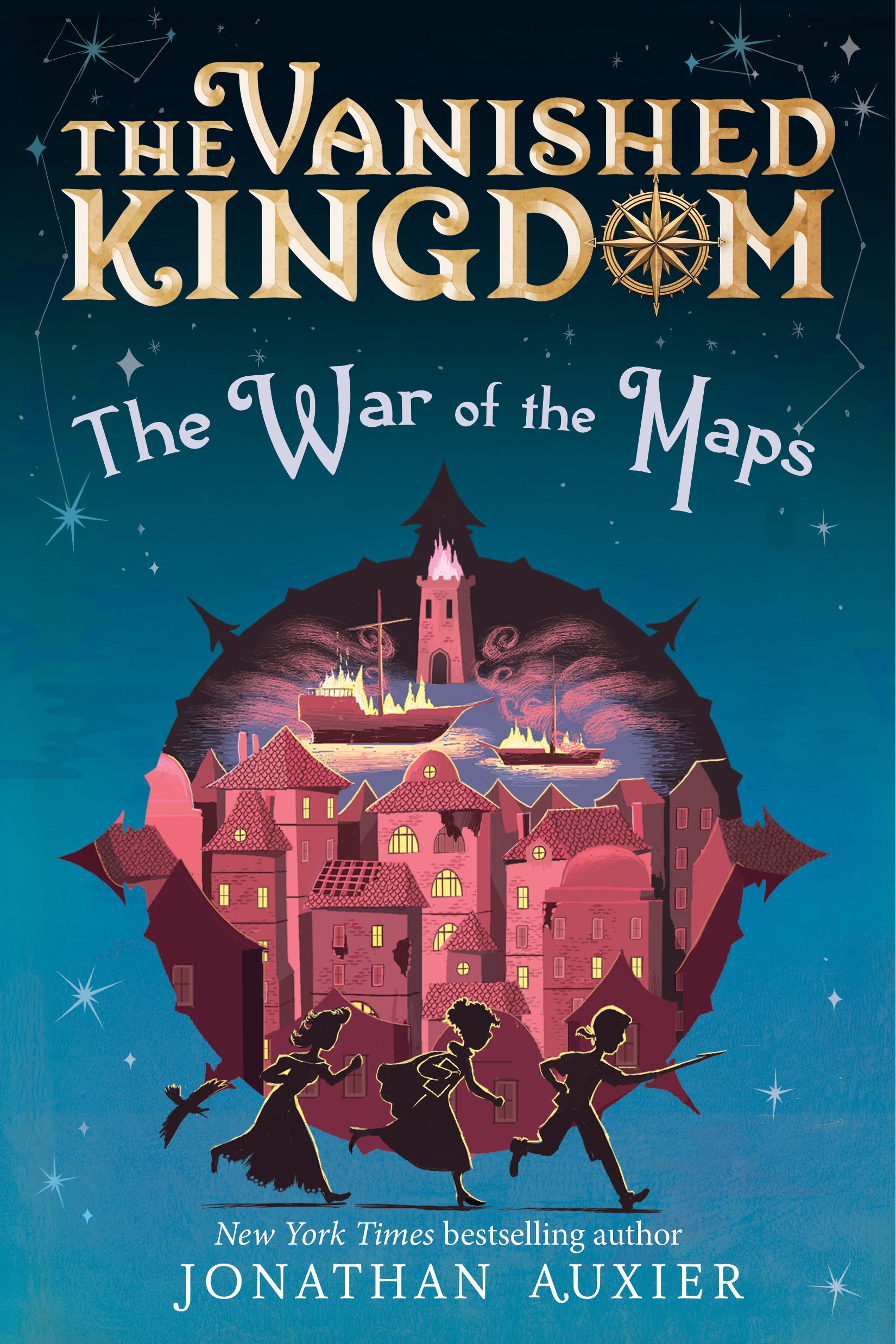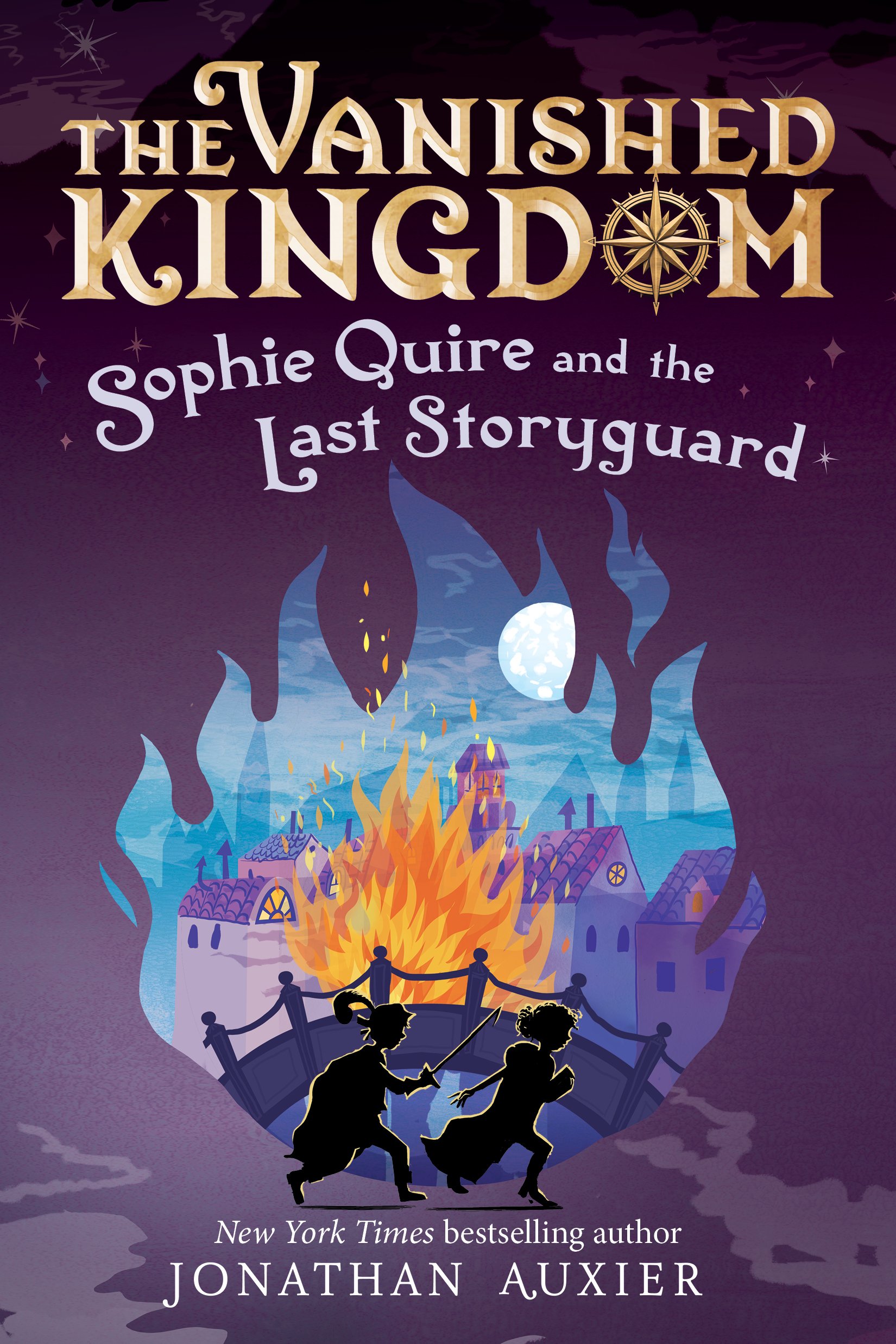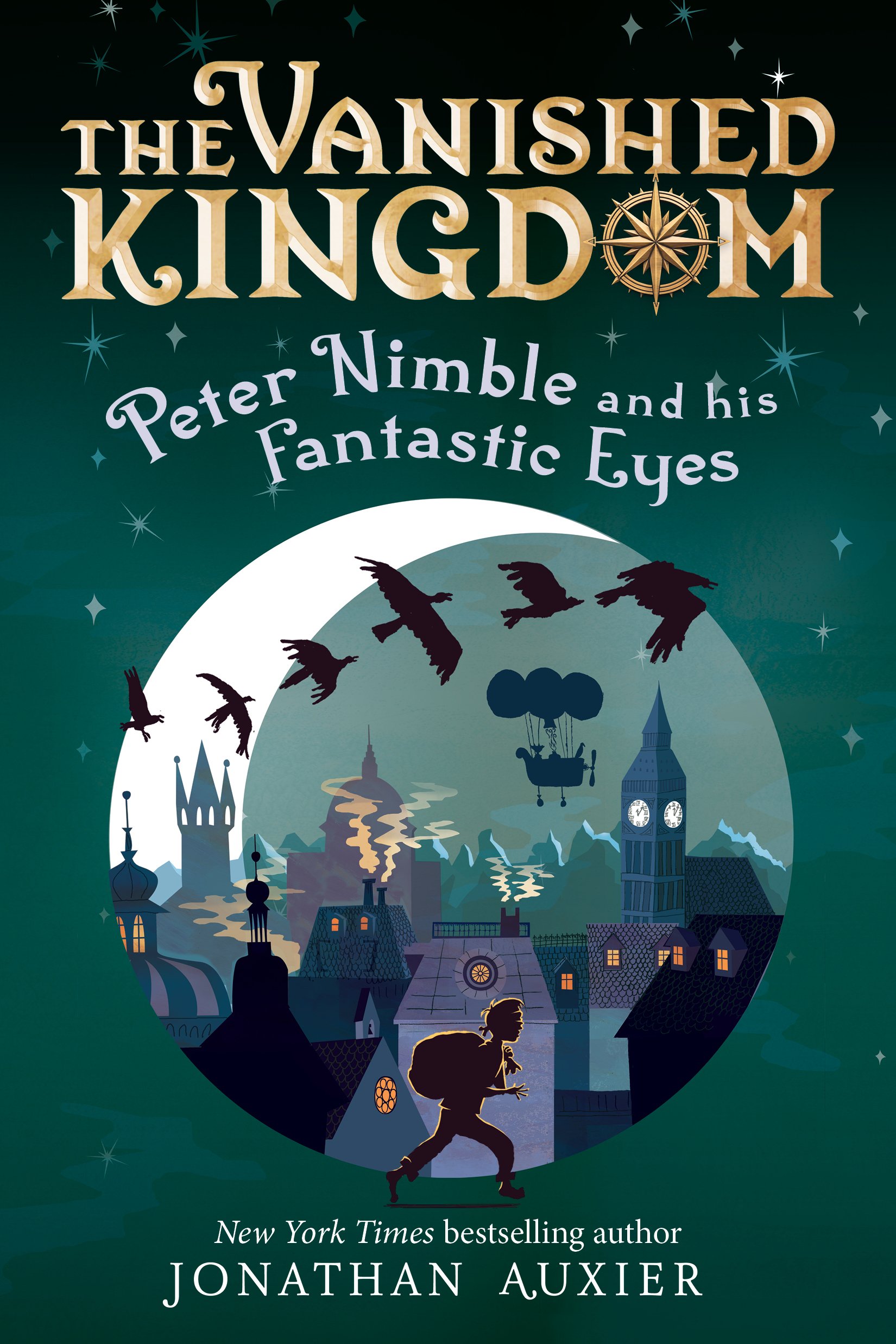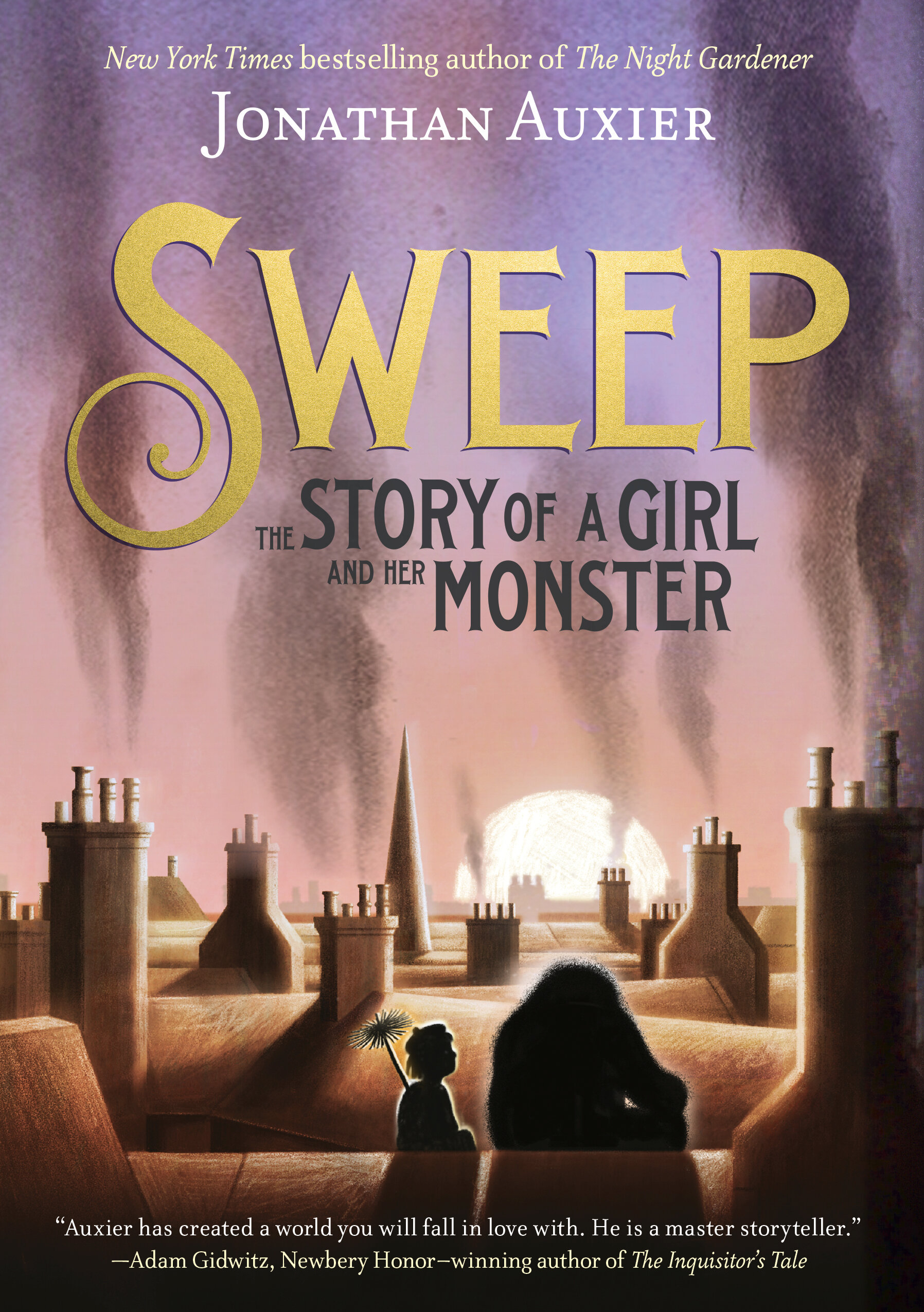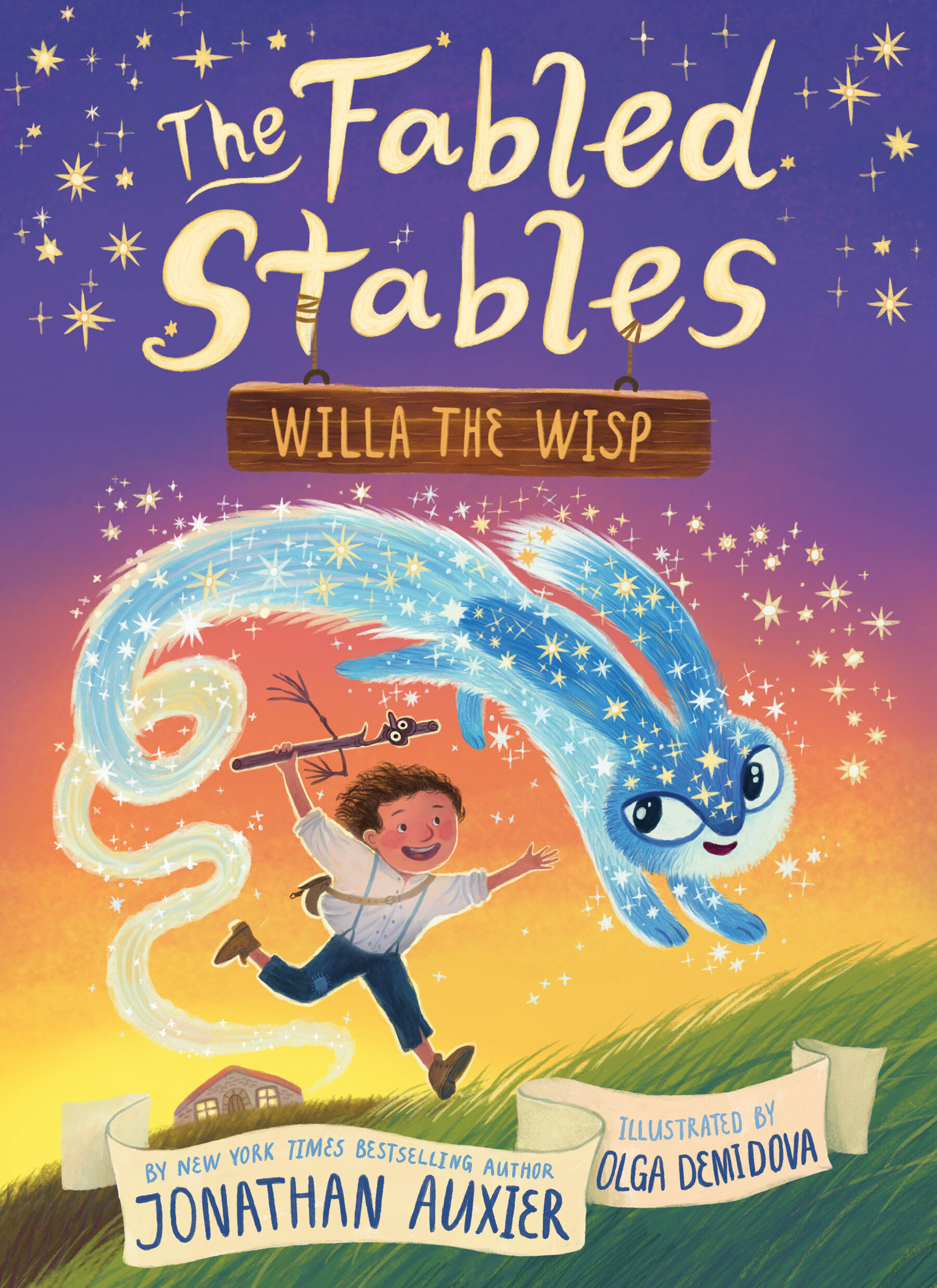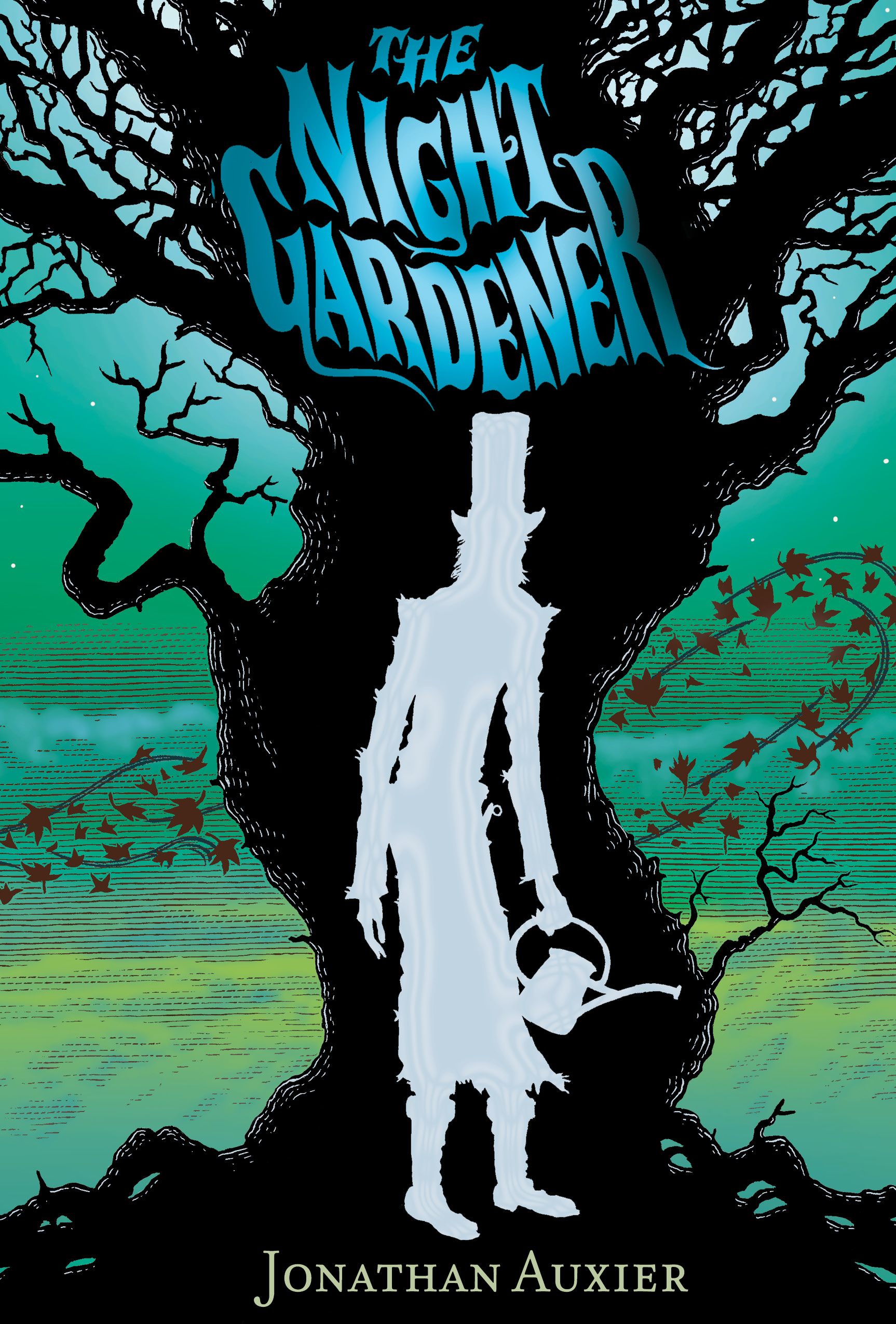Genre Mashups: Peter Pan and The Hunger Games...
/ A while back, I sat down to re-read JM Barrie's The Little White Bird -- which is sort of a rough prequel to Peter and Wendy [1. 1. The Little White Bird was a novel Barrie wrote before Peter and Wendy. Several of the chapters deal with a nascent version of his beloved Peter Pan (and are often excerpted under the title Peter Pan in Kensington Gardens)]. The introduction to my edition was written by Jack Zipes, who makes an interesting observation:
A while back, I sat down to re-read JM Barrie's The Little White Bird -- which is sort of a rough prequel to Peter and Wendy [1. 1. The Little White Bird was a novel Barrie wrote before Peter and Wendy. Several of the chapters deal with a nascent version of his beloved Peter Pan (and are often excerpted under the title Peter Pan in Kensington Gardens)]. The introduction to my edition was written by Jack Zipes, who makes an interesting observation:
“Barrie himself, as author, was trying to bring together two different strands of children’s fiction that collided with one another in his novel: the adventure story for boys and the domestic and fairy story for girls.”[2. 2. Introduction, pg xxiv]
I'd like to discuss this idea. I know both of the genres that Zipes mentions pretty well. They are, by and large, escapist fluff. And there's no question that Peter and Wendy contains a lot of the same elements as that fluff (pirates, fairies, mermaids, etc...). So why does Barrie's book feel so much better than the works that informed it? Why is it greater than the sum of its parts?
I think it's because Barrie -- while using those genres -- also problemetizes them. The ending of Peter and Wendy ruthlessly shatters the escapism of both worlds: neither Peter's adventuresome spirit nor Wendy's domestic longing is strong enough to keep them together. I'm fairly convinced that it was this genre-critique that made Barrie's book feel different from its predecessors.
With this theme in mind, I started thinking about more contemporary works that also mix genres traditionally associated with opposite sexes. Suzanne Collins' The Hunger Games came to mind straightaway.
**SPOILERS AHEAD**
In her books, Collins takes the dystopian-gladiator setting (masculine) and narrates it as a teen romance (feminine). But the real question is: does Collins do anything new with these genres? I would argue that she does.
Let's look at the dystopian-gladiator bit first. Most books with characters who kill each other on live television are thinly-veiled cautionary tales about the evils of violent media. In Collins' book, however, the "games" are more of a metaphor about command performance -- being forced to jump through hoops set in place by those in power[3. 3. For more on this point, I suggest reading Laura Miller's fantastic New Yorker article, which covers the subject far better than I ever could]. Is this an earth-shatteringly new theme? Not really. But it is a fresh take on a well-worn genre.
As for the teen romance part? I would point to the end of the trilogy. Like Twilight, readers have been primed for a "which cute boy will she choose?" climax. But right when we're expecting to hear Katniss bear her heart ... the narrative jumps ahead. Years ahead. Her decision is stated as simple fact, not an impassioned declaration. I think this is a pointed critique from Collins about limited scope of most YA romance novels -- no matter how big things feel at seventeen, life goes on.
Is The Hunger Games as good as Peter and Wendy? Of course not. But I do think that both books successfully appropriate escapist genres to tell powerful, distinctive, literary stories.

